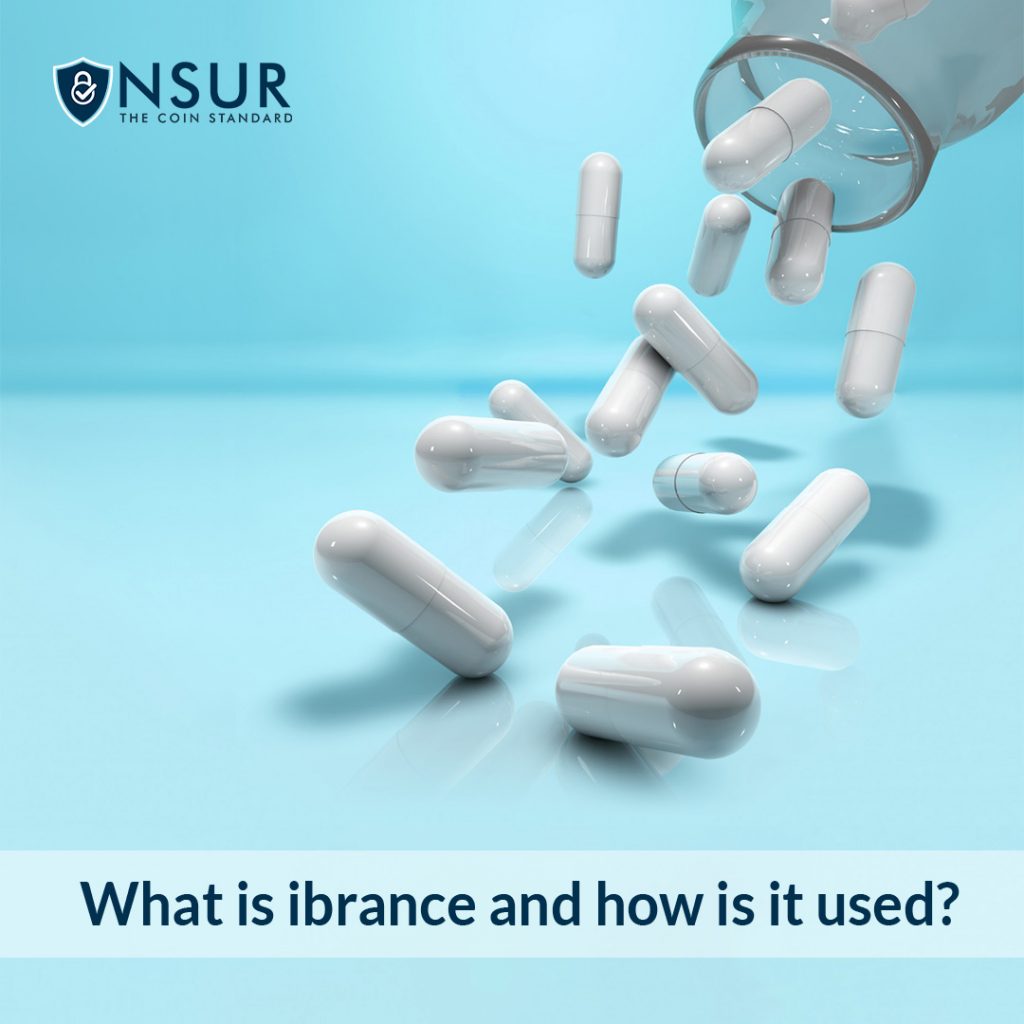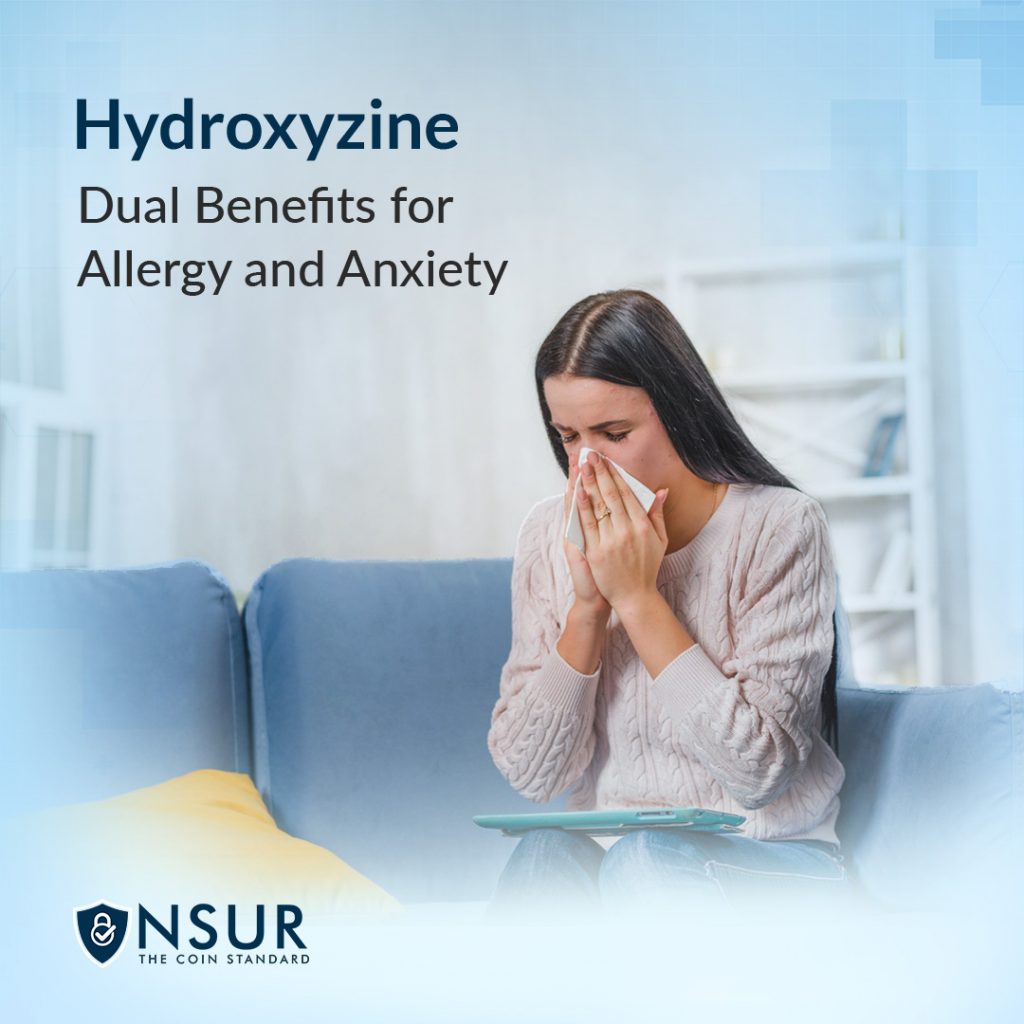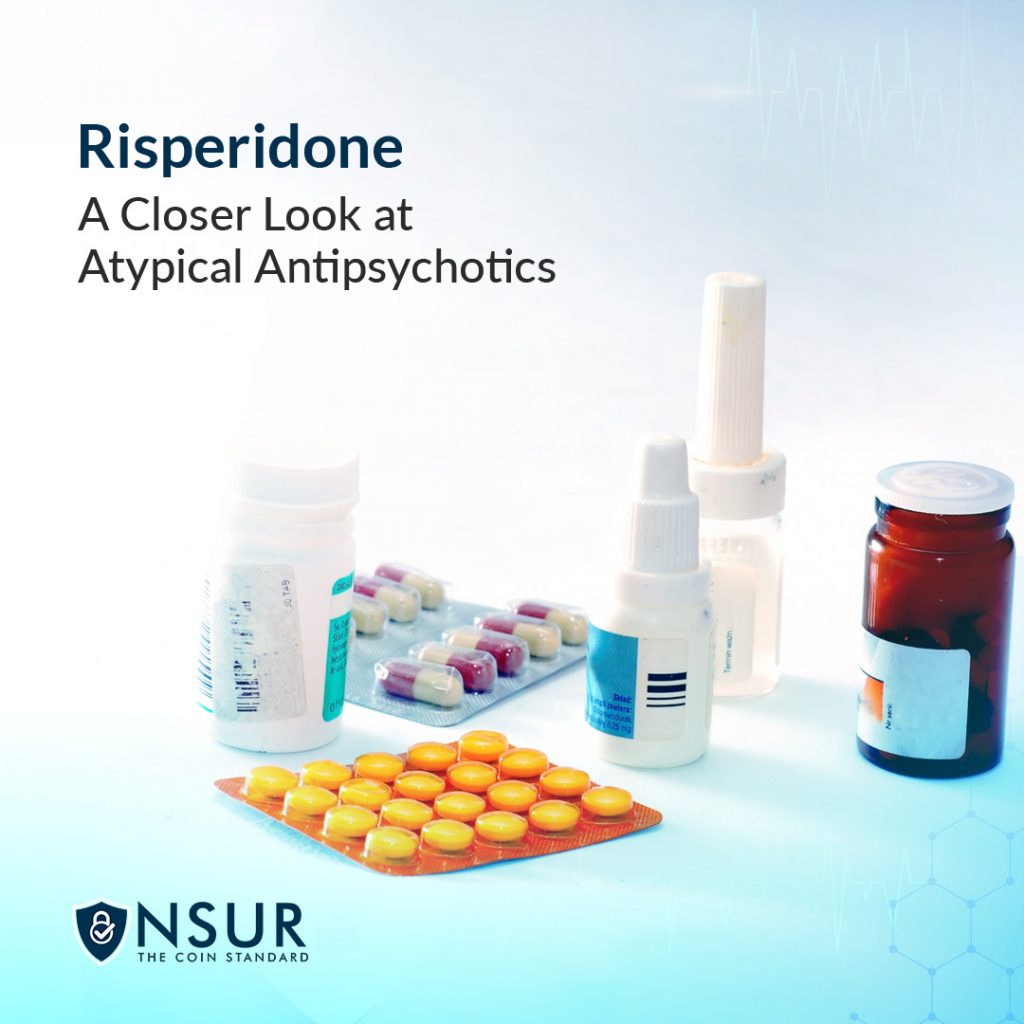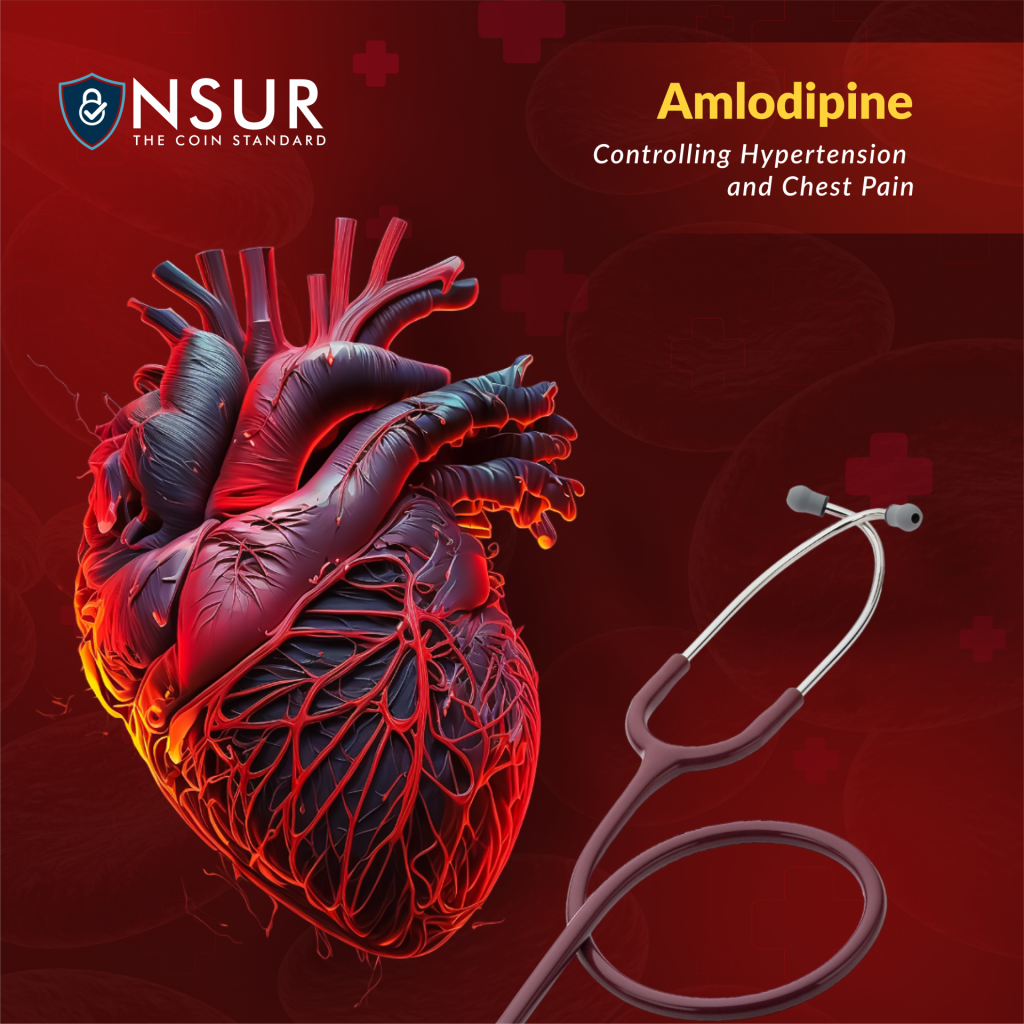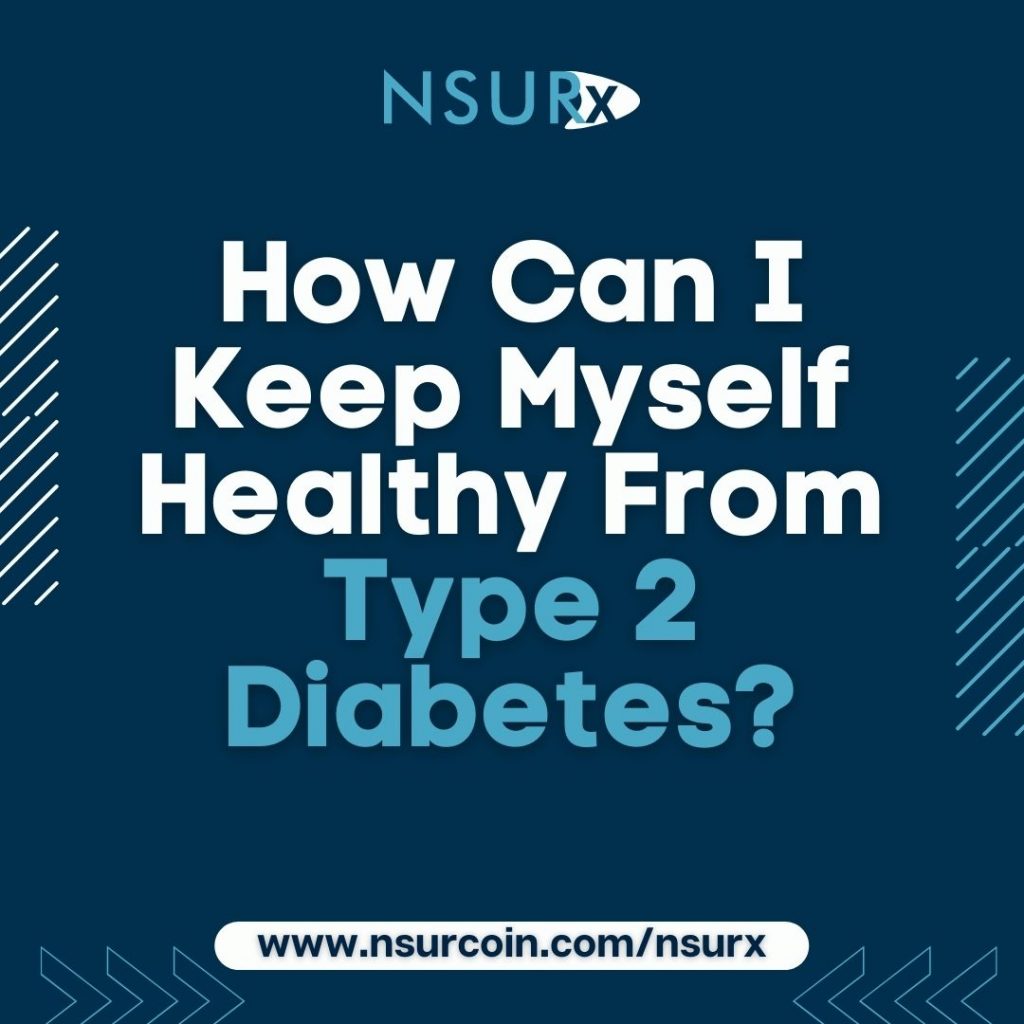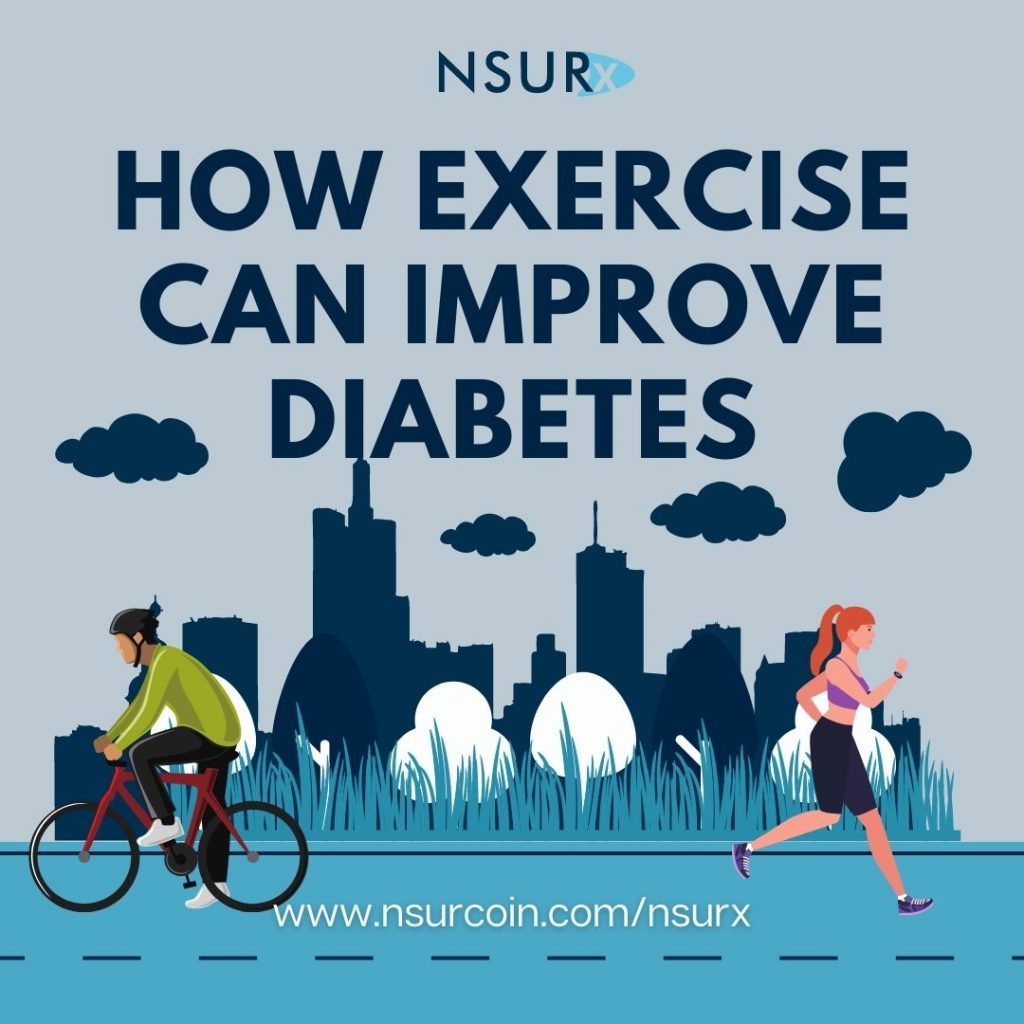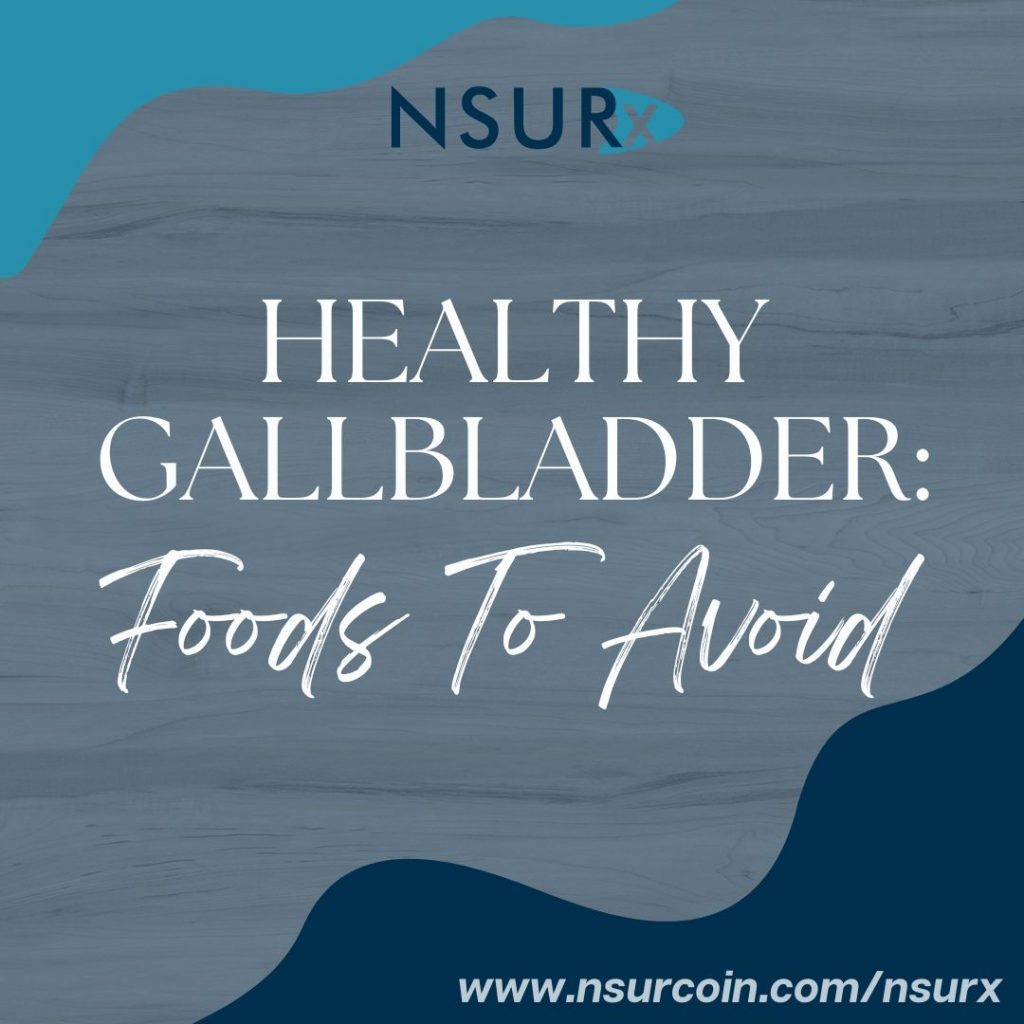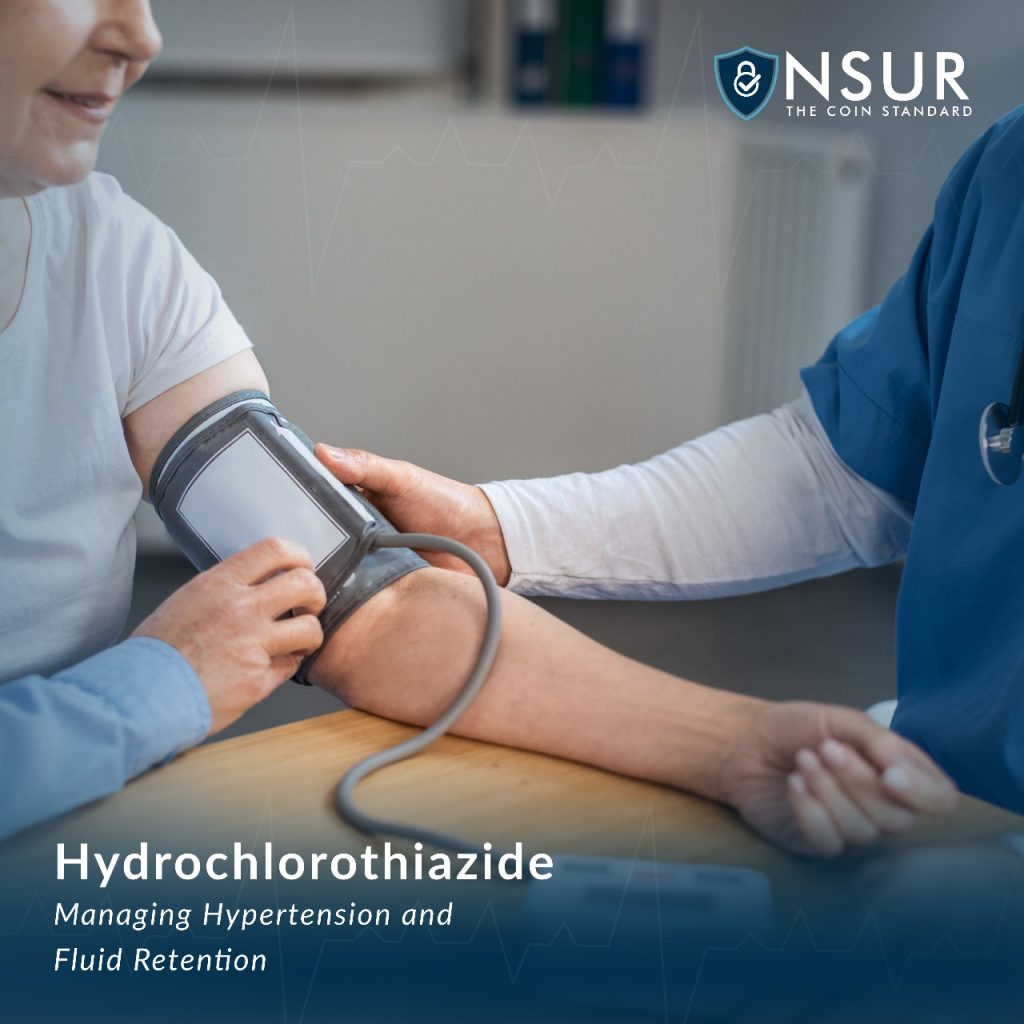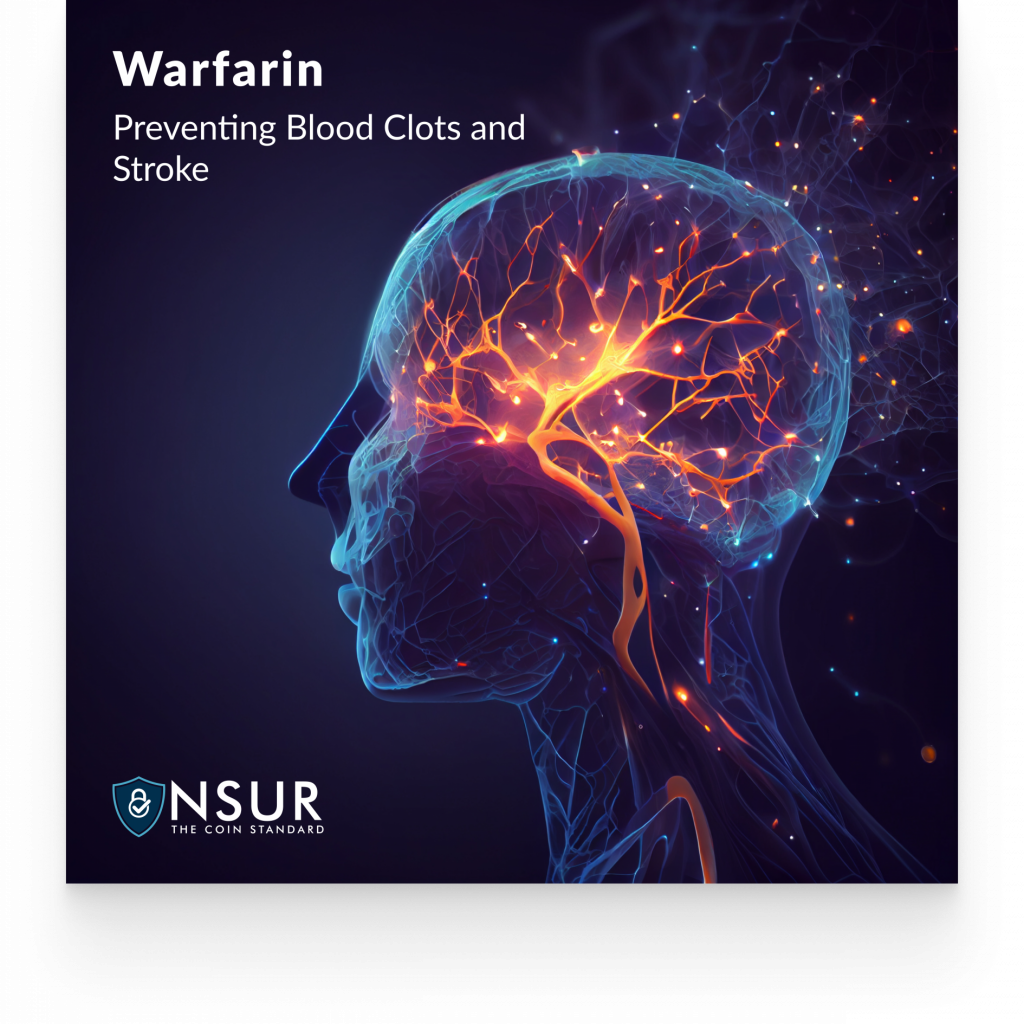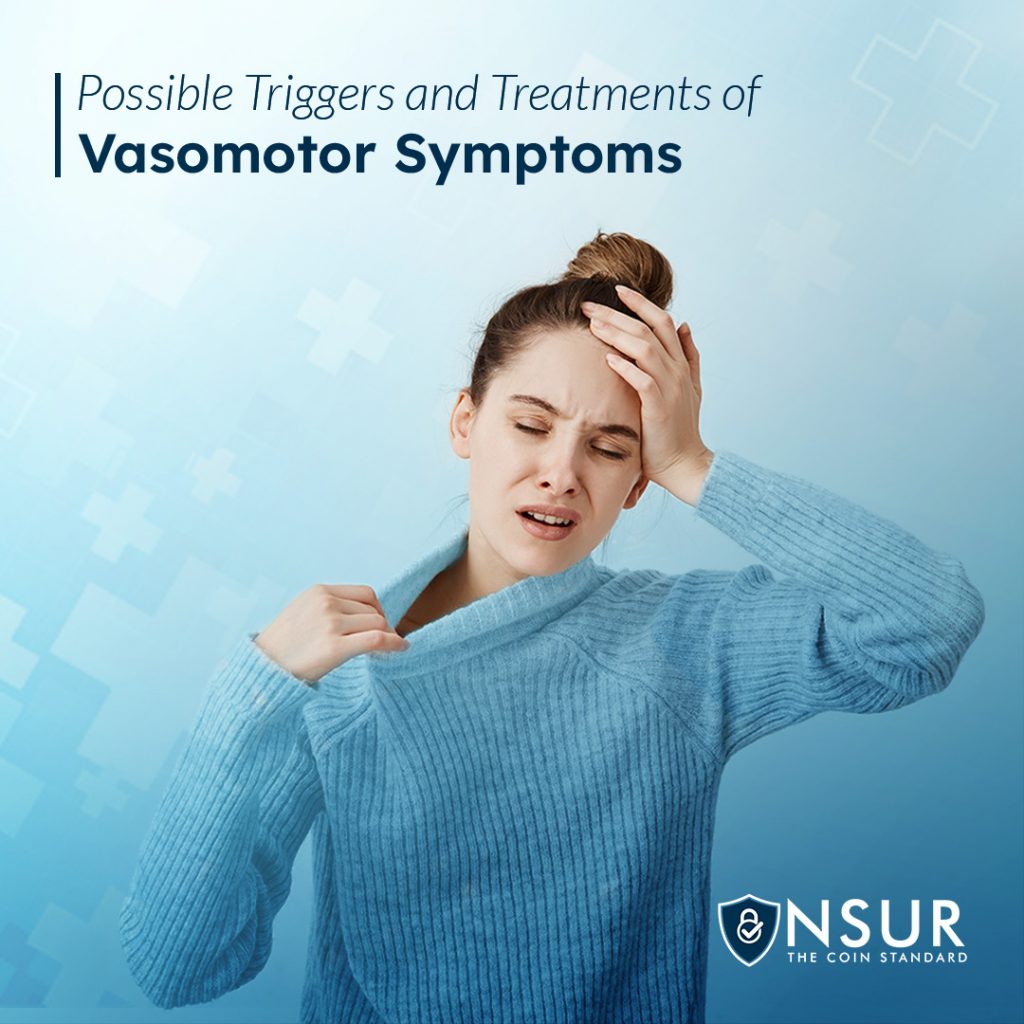
When you have vasomotor symptoms, such as hot flashes and nocturnal sweats, you probably want relief. Thankfully, you have a variety of alternatives to help you find exactly that. Prescription drugs, over-the-counter therapies, and lifestyle modifications can all affect how frequently and how severe your symptoms are.
Menopause can occur at any age, commonly between the ages of 40 and 55, however the average age of occurrence in the United States is around 51 years; cigarette smokers experience this transition around 2 years sooner.
Perimenopause or the menopausal transition is the period preceding menopause, which generally begins in the mid-to-late 40s and lasts around 4 years.
Hormone levels vary throughout this phase, generating the majority of the accompanying symptoms. Most women experience some or all of the menopausal symptoms; however, vasomotor menopausal symptoms are the most frequent and are considered the hallmark symptoms, affecting about 80% of women.
Hormone Replacement Therapy
Hormone replacement therapy, often known as HT or HRT, is one of the most effective strategies to reduce vasomotor symptoms.
Estrogen and progesterone levels decrease throughout menopause. This hormonal shift makes it more difficult for the body to maintain its temperature. This causes hot flashes and nocturnal sweats.
Hormone replacement treatment substitutes for the loss of estrogen by increasing hormone levels and relieving symptoms.
HRT has two types:
Estrogen replacement treatment: If you’ve had a hysterectomy, or surgery to remove your uterus, this is the best treatment for you. You can acquire estrogen via tablet, patch, cream, vaginal ring, gel, or spray.
Hormone treatment with estrogen, progesterone, and progestin (EPT): This is also known as combo therapy. To acquire your hormone dose, you either take a tablet or wear a patch.
Prescription Medications
Blood pressure medication: Clonidine (Catapres) is an antihypertensive medication. It is available as a tablet or a patch.
You may have constipation, dizziness, sleepiness, and dry mouth when using this drug.
Anti-seizure medications: This include gabapentin (Neurontin) and pregabalin (Lyrica).
Dizziness, sleepiness, swelling, weariness, difficulty concentrating, and weight gain are some of the side effects of gabapentin and pregabalin.
Urinary Tract Medication: Oxybutynin (Ditropan) is a tablet or patch that is authorized for the treatment of urinary problems. Constipation, dizziness, dry eyes, dry mouth, and nausea are some of the side effects.
Some drugs can assist with vasomotor symptoms as well. See your doctor to know more about it.
Take advantage of NSURx for your prescription drugs!
With the NSURx Prescription Benefit Card, you can save money on your premenopausal medications at more than 35,000 pharmacies across the United States.
You can save up to 80% on your medication by using an NSURx card. Hundreds of dollars in savings could be yours every time you fill out your prescription.
The more you shop with NSURx, the more NSUR Coins you will receive as a reward.
Reference:
